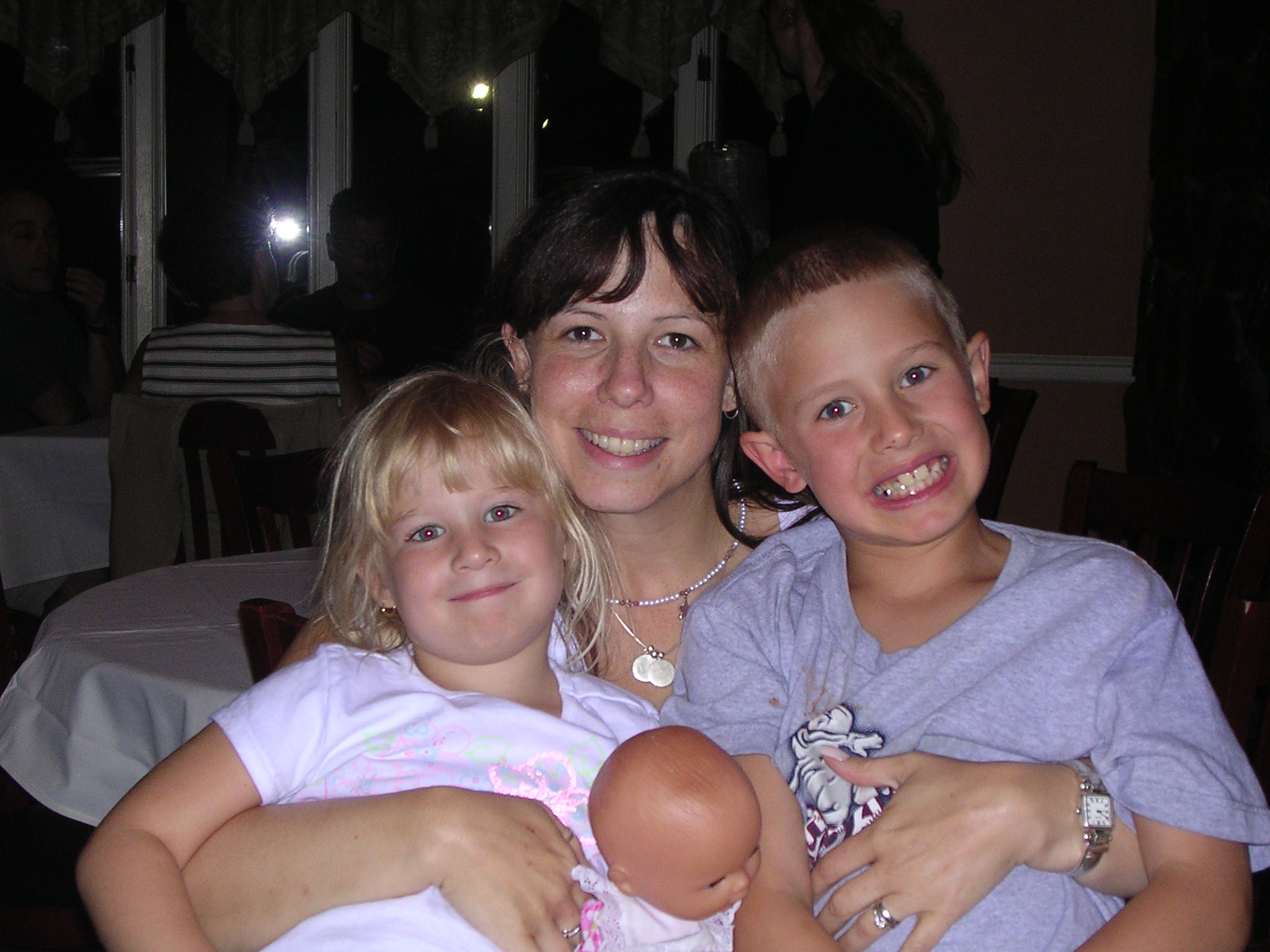“I don’t have to let you talk to me like this. This is my house. You need to leave. Now. Get out of my house!”
These angry words were the last ones I said to my mother. The last words we ever said to each other were venomous and angry. I did the hardest and most necessary thing as I slammed my heavy, wood front door on the abuse.
We had a huge fight in January 2012, and it was the last time we ever spoke. She said she was coming over to my house to join my young children and me in cookie baking after dinner. When she arrived, over three hours late and without a phone call, to find that we had baked the cookies two hours before, she lost it.
Suddenly, I was a horrible daughter who was raising two spoiled, selfish brats. I tried to remain calm as she stood in my casual, cottage-style living room that reflected the lightness I created in my home and screamed at me in her shrill, drug-altered voice.
This felt as terrible as it sounds but was occurring more frequently. Anyone with a parent who suffers from mental illness and addiction knows what I mean. All that suffering and pain changes their personalities. Where they were once capable of being kind, generous, and loving, they become judgmental, critical, mean, cranky, and vindictive. Drugs and addiction turn people into the worst, most unhappy versions of themselves.
This night, the louder she became, the calmer I was in response. No one was going to behave that way in my home, the home I built out of peace and love to cradle my children and me in safety. That fight was so scary and horrible that it left my kids huddling together on the bed in my daughter’s yellow, floral bedroom with the door locked.
As quickly as a light switch turns on the overhead light in your kitchen, my priorities shifted. One minute ago, I was a dutiful daughter relentlessly trying to assuage my mother’s feelings and include her in our lives—desperately trying to appease her moods and praying for her to show up and be happy with us. The next minute, I was the mama lioness protecting her den and her cubs.
In the midst of this horrible fight, I stopped allowing myself to be put on the defensive—stopped allowing her to attack me on my turf, or at all—stopped allowing her to scare my cubs. In that moment, I stopped being the forever victimized daughter and became the protective and nurturing mother that my kids needed. As I slammed the door that night, I also slammed the door on victimization, emotional abuse, gaslighting, and pain; it was an utterly pivotal moment in all our lives.
It was a long time coming. Once I calmed my kids down, the first priority, I had the biggest stress-induced asthma attack of my life in the privacy of my own bedroom. I felt like I was wearing a corset that was getting tighter and tighter, squeezing my lungs until I could no longer breathe. Luckily, my inhalers and antianxiety medication are never far away. Over the next few hours, I processed my feelings—anxiety, nausea, panic, guilt, relief.
It was the toughest thing I’ve ever had to do, but I had to try tough love to save her and remove my children and me from this situation, no matter the cost.
I never heard from my mother again. Overtime, I’ve made peace with this. Emotionally, my mother died years before her physical body died. I knew she was in peace now that the pain of earthly life was over. I wrote about it until my hands cramped, and cried millions of tears, and, over time, made peace with it all.
I am proud of myself for having the strength and bravery to choose my own mental health and my kids’ mental health. Through my actions on this one pivotal night, I ended the cycle of intergenerational mental illness and addiction and put myself and my kids on the path to wellness, peace, and mental health.
All of us do this in our lives. The circumstances differ, the characters in our stories are different, but there comes a time in each of our lives when we have to choose ourselves and our own mental health and peace by erecting flexibly strong, protective boundaries.
Boundaries keep us safe and happy as they help us make ourselves a priority. They tell everyone else what you are willing to accept in your life and how you intend to behave. Boundaries keep us safe, give us room to grow and be vulnerable, and bring us closer to our friends and loved ones.
When relationships become difficult, I wish you strength and resilience to choose yourself (and your kids), to choose mental health, peace, and love. I encourage you to erect flexible but firm boundaries to take care of yourself emotionally, physically, and spiritually.
You have the right to be your own lioness and fiercely protect those boundaries.
~
This piece has been adapted from Chapter 1 of my book, Permission to Land: Searching for Love, Home & Belonging, which is available wherever books are sold.
Please, if you are so inclined, heart, comment, and share.












Read 21 comments and reply